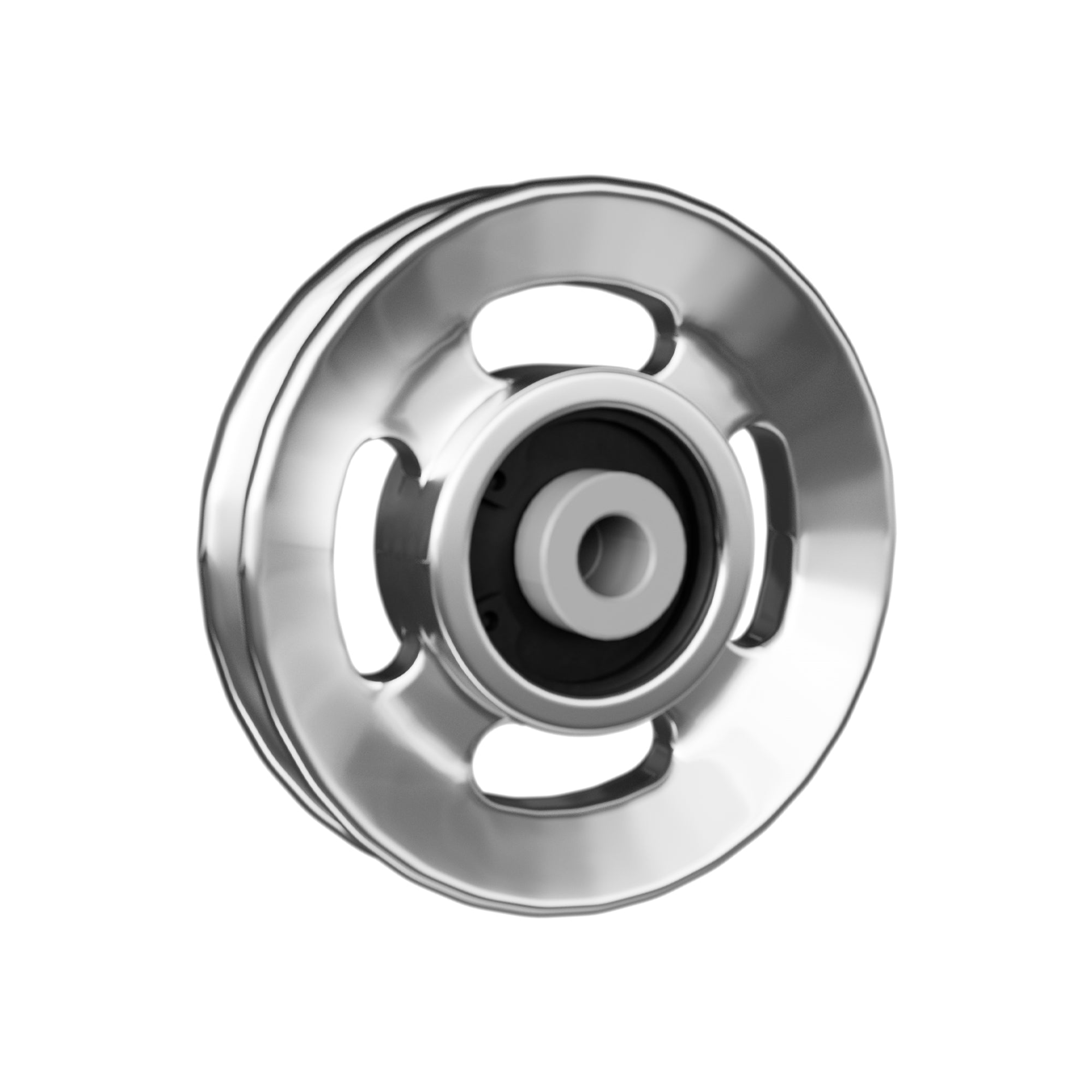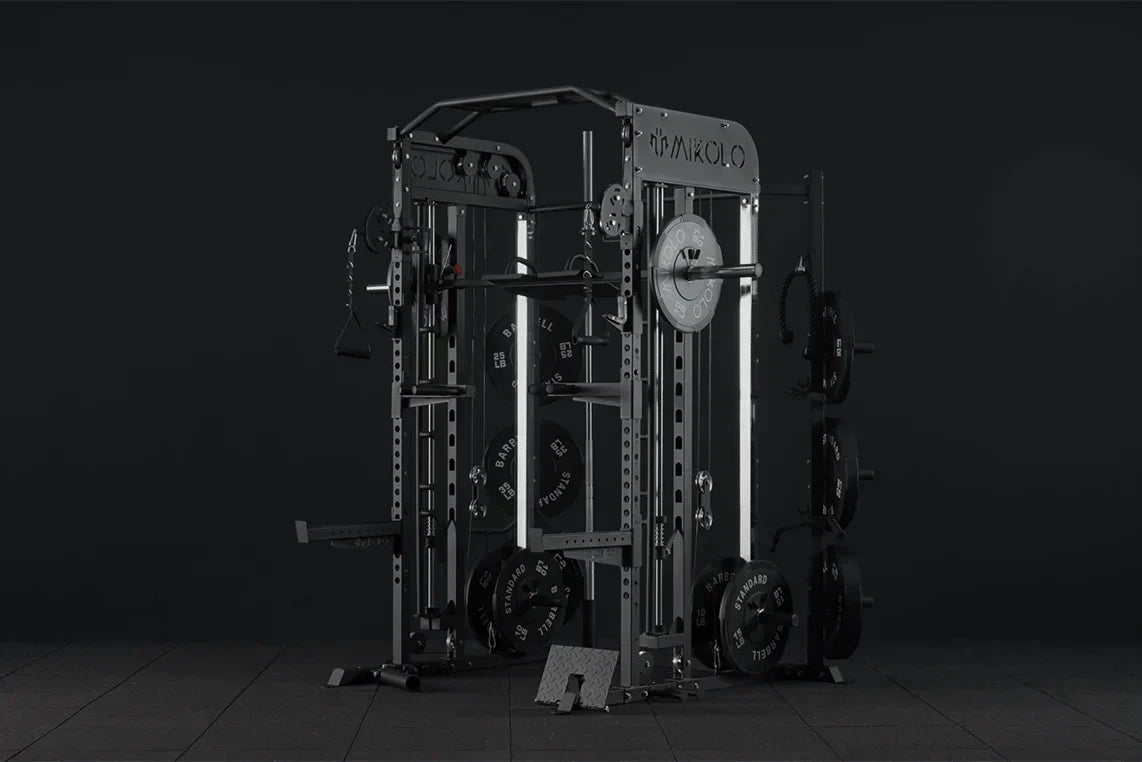Building muscle is usually associated with bulking up and eating more calories. But what happens if you're trying to lose fat at the same time? Can you build muscle while in a calorie deficit? The answer is yes — but it takes the right strategy, discipline, and a strong understanding of how your body adapts to nutrition and training.
Is It Possible to Build Muscle in a Calorie Deficit?
Yes, it’s absolutely possible to build muscle in a calorie deficit, although it’s more challenging than during a calorie surplus. In simple terms, a calorie deficit means you are consuming fewer calories than your body needs to maintain its current weight. Traditionally, this is the foundation for fat loss.
Muscle growth, on the other hand, typically requires energy. Your body needs fuel to repair and build muscle fibers after strength training. However, if you supply enough protein, prioritize progressive overload in your training, and manage your recovery well, your body can still gain muscle even when calories are limited.
How Does Muscle Growth Happen in a Deficit?
There are a few key reasons why muscle gain during a calorie deficit can occur:
-
Body Fat as Energy: Your body can tap into stored fat for the extra energy needed to build muscle tissue.
-
New Stimulus: For beginners or people returning after a break, any new resistance training program can trigger muscle growth, even in a deficit.
-
Recomposition: When fat loss and muscle gain happen at the same time, it's called body recomposition. This is most common in beginners, overweight individuals, and those who fine-tune their training and nutrition.
Who Can Build Muscle in a Deficit Most Effectively?
While anyone can theoretically build muscle in a calorie deficit, certain groups tend to see better results:
-
Beginners: New lifters often experience "newbie gains," where the body responds rapidly to training.
-
Overweight Individuals: Those with higher body fat percentages have more energy reserves to support muscle building.
-
Detrained Athletes: People returning to exercise after a layoff can regain muscle quickly even with limited calories.
Experienced lifters trying to add significant muscle mass while in a large calorie deficit will usually find it more difficult.
Strategies to Build Muscle While in a Calorie Deficit
If your goal is to gain muscle on a calorie deficit, focus on these principles:
1. Prioritize Strength Training
Strength training is non-negotiable. Focus on heavy, compound lifts like squats, deadlifts, presses, and rows. Progressive overload — gradually lifting more weight or doing more reps — is key to signaling muscle growth.
2. Eat Plenty of Protein
High protein intake is critical for muscle preservation and growth. Aim for about 0.8–1.0 grams of protein per pound of body weight. Consuming sufficient protein helps maintain a positive nitrogen balance, which promotes muscle repair and growth even when calories are restricted.
3. Maintain a Moderate Deficit
A huge calorie deficit (such as cutting 800–1,000 calories per day) can severely limit your ability to build muscle. A more moderate deficit of around 300–500 calories per day is ideal for most people trying to lose fat and gain strength simultaneously.
4. Focus on Recovery
Muscles don’t grow in the gym — they grow during rest. Sleep at least 7–9 hours per night, manage stress, and incorporate rest days into your workout program to maximize recovery and growth.
5. Be Patient and Track Progress
Building muscle in a calorie deficit happens slower than when eating at maintenance or surplus. Track your strength gains, body measurements, and photos rather than relying solely on the scale, which may not move dramatically.
Common Questions About Gaining Muscle in a Deficit
Can You Gain Muscle in a Caloric Deficit Without Losing Strength?
Yes. In fact, many people actually get stronger in a deficit, especially when training is properly programmed and nutrition supports muscle recovery.
Can You Still Build Muscle If You’re Not Eating More Calories?
You can, provided your body uses stored fat for energy, and you consume enough protein to fuel muscle repair.
Will I Gain Muscle Mass in a Calorie Deficit?
You might gain lean mass rather than significant bulk. This is especially true if you’re in the early stages of training or coming back from a break.
How Much Protein Do You Need to Gain Muscle in a Calorie Deficit?
Most research supports 0.8 to 1.0 grams per pound of body weight as a good target. Some athletes may go slightly higher depending on training intensity and body composition goals.
How to Build Muscle in a Calorie Deficit?
-
Strength train consistently (3–5 times per week)
-
Hit your daily protein target
-
Stay in a slight to moderate calorie deficit
-
Prioritize recovery and sleep
-
Stay consistent over time
Final Thoughts
Building muscle in a calorie deficit is entirely possible — but it demands precision, patience, and smart programming. Focus on eating enough protein, strength training effectively, and not slashing calories too aggressively. With the right strategy, you can lose fat and gain muscle at the same time, leading to a leaner, stronger, and more resilient body.

















































Leave a comment
This site is protected by hCaptcha and the hCaptcha Privacy Policy and Terms of Service apply.